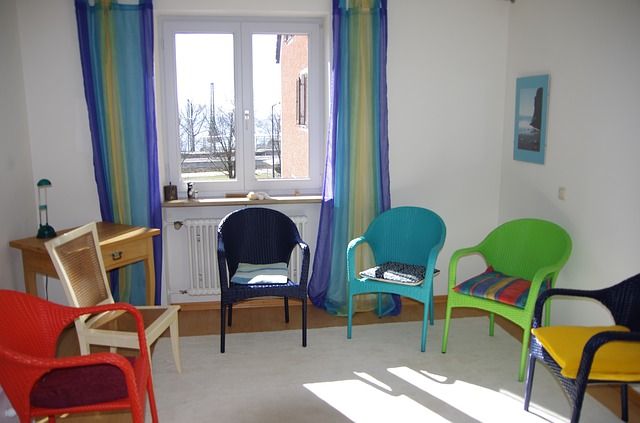5 Reasons To Try Group Therapy

5 Reasons To Try Group Therapy
Nashville Psych is happy to offer group therapy because we enjoy facilitating therapy groups due to the many benefits of group therapy. However, many people don’t realize its benefits.
Here are five reasons to try group therapy:
1. Group therapy is a safe and welcoming space to explore and process emotions.
From the very first session, most clients can begin to experience a feeling that they are not alone. Much like individual therapy, the supportive climate that can be created in a group setting can be conducive to being open about difficulties. Sometimes just by talking through problems, speaking about their worst fears, or celebrating successes out loud can be enough to make individuals feel empowered. In group therapy, individuals are surrounded by peers who often share similar difficulties. Whereas an individual therapist can be empathic and may self-disclose from time to time in service of the client, in group therapy, other group members disclose their own struggles to help themselves. In doing so, group members begin to experience that they are not struggling alone.
2. Group therapy offers reflection you can’t get from a mirror.
Many people come to group with important questions about how they relate to other people. For example, “People say that I’m not letting them in, and I’m not sure why.” Every group member comes to the group with his or her own difficulties, unique experiences and strengths. Through the group process, members will begin to experience you as others do outside of the group. When this occurs, members can offer valuable insights and provide gentle, supportive feedback about how they experience you, which can help you gain awareness about your impact on others.
3. Group therapy can help you improve your relationships.
Each member comes to group with a different goal in mind. For some, it is to learn how to trust others, whereas for others it is to set boundaries and to practice assertiveness. Whatever the goal, with the awareness of your impact on others that is generated through the group process, members of a therapy group can begin to experiment with new relationship behaviors. Ultimately, through both the support and challenge that the group provides, members feel validated for their new relationship behaviors and will transfer this growth to their relationships outside of group.
4. Group therapy may be the best treatment for some individuals.
For those individuals who have tried various forms of individual treatment without improvement, groups offer a different way to treat your social anxiety or depression than individual therapy. Because the source of anxiety and depression are often associated in some way with interpersonal relationships, group can be the treatment of choice for some individuals. Furthermore, if the severity of your difficulties has been reduced some through a course of individual therapy and you are looking to transition out of individual therapy while maintaining a connection to a therapist and continuing to achieve personal growth, group therapy may be the perfect opportunity.
5. Group therapy can save you money.
Even though the value of group therapy can be beyond individual therapy because of the reasons described above, group therapy costs less per session than individual therapy. While most psychologists in private practice have a few spaces for individual therapy open for sliding scale clients, those spots are typically limited. Group therapy is a way to experience the benefits of therapy with a smaller financial investment.
As you can see, there are many reasons why group therapy may be a popular and maybe even the preferred option for people looking to improve communication, social interactions and relationships in a welcoming and accepting environment.
If you are in the Nashville area and would like to try group therapy, I invite you to contact us at clientcare@nashvillepsych.com or (615) 582-2882.
Take good care,
Dan Goldstein, PhD
Licensed Psychologist

